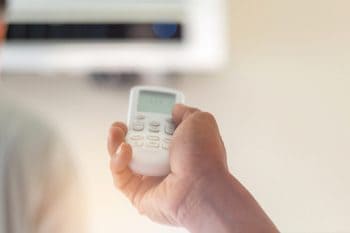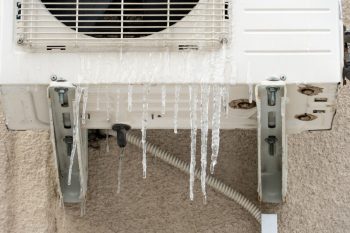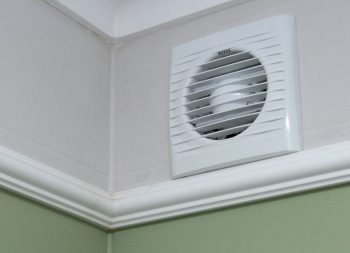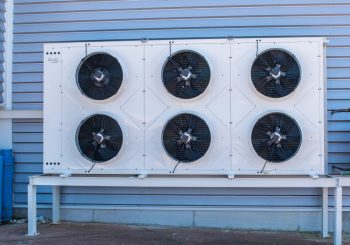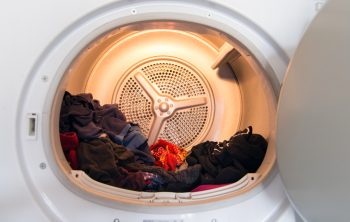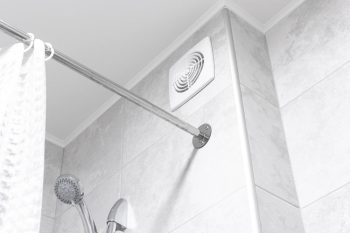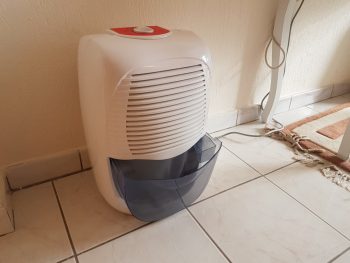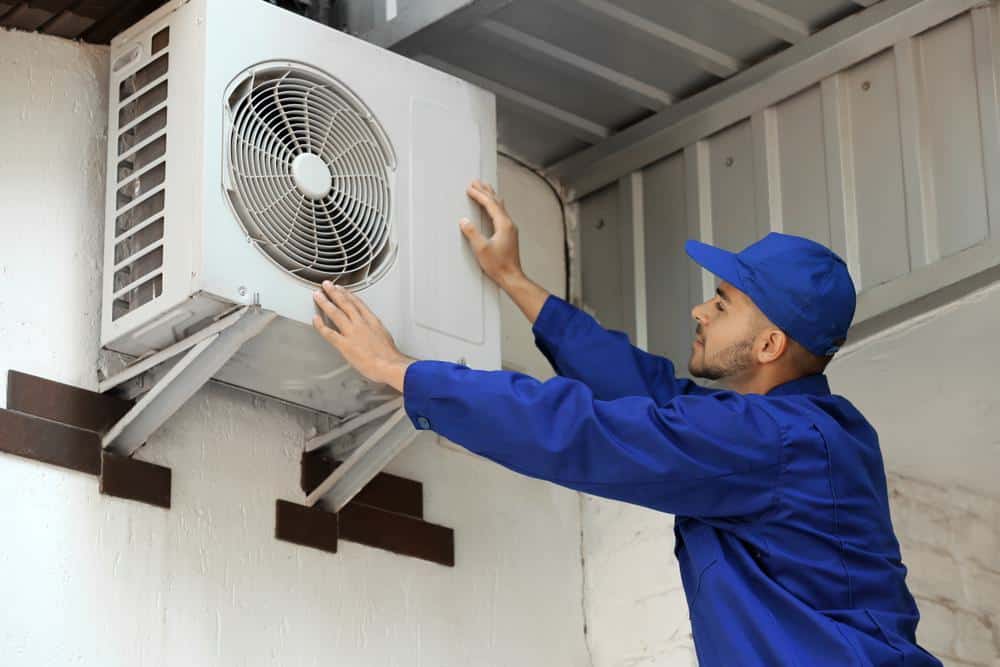
An AC filter, also known as an air filter or HVAC filter, plays a pivotal role in maintaining the air quality and efficiency of your heating, ventilation, and air conditioning (HVAC) system. But what does an AC filter do exactly? How does it contribute to the overall functionality of your AC system? And how can you ensure it’s doing its job effectively?
An AC filter, also known as an air filter or HVAC filter, primarily works to clean the air that circulates through your heating and cooling system by trapping and holding various types of particulates and contaminants, such as dust, pollen, and bacteria. This not only improves the air quality in your home but also contributes to the overall efficiency of your air conditioning unit. Regular maintenance of the AC filter is crucial for optimal performance.
Primary Function of an AC Filter
The primary function of an AC filter is to clean the air that circulates through your heating and cooling system. It does this by trapping and holding various types of particulates and contaminants that could affect your health and comfort. These contaminants include dust, dirt, pollen, mold spores, fibers, lint, metal, plaster or wood particles, hair, animal fur, bacteria, and microorganisms.
Improving Air Quality
An AC filter works to improve the air quality in a room by trapping particles and contaminants present in the air. As the air passes through the filter, unwanted particles larger than the filter’s openings are trapped, leaving the air with significantly reduced particle content. The effectiveness of an AC filter is determined by its minimum efficiency reporting value (MERV), which rates its ability to trap particles ranging from dust and pet dander to smog and mold.
Types of AC Filters
There are several types of AC filters available in the market, each with different functionalities and efficiencies in filtering airborne particles. These include fiberglass air filters, pleated air filters, HEPA filters, UV filters, electrostatic filters, washable filters, and media filters. Each type has its own strengths and weaknesses, and the best one for you would depend on your specific needs and circumstances.
Importance of Regular Maintenance
Regular maintenance of your AC filter is crucial for optimal performance. It is generally recommended to change or clean your AC filter every 90 days or 3 months. However, this can vary depending on factors such as the location of your home, whether you have pets, and the age of your system and equipment.
Potential Problems from Neglecting Maintenance
Not properly maintaining an AC filter can lead to several potential problems, including overheating, allergen buildup, general wear and tear, reduced system efficiency, frozen coils, and poor indoor air quality.
Signs Your AC Filter Needs Changing
There are several signs that indicate your AC filter needs to be changed. These include dust and dirt around vents, a rise in electricity bill, HVAC system taking longer to heat or cool your home, worsening allergy symptoms, strange odors, and reduced cooling performance.
Contribution to Overall AC Efficiency
The AC filter plays a crucial role in the overall efficiency of an air conditioning unit. A clean and well-maintained filter ensures proper airflow, which is essential for the AC unit to function effectively.
Choosing the Correct AC Filter
To select the correct AC filter for your air conditioning unit and specific needs, you need to determine the correct filter size, understand MERV ratings, consider your specific needs, choose the filter type, and replace filters regularly.
By understanding what an AC filter does, you can ensure that you’re taking the necessary steps to keep your AC unit running efficiently and maintaining good air quality in your home.
Frequently Asked Questions
What is the Minimum Efficiency Reporting Value (MERV)?
The Minimum Efficiency Reporting Value (MERV) is a rating scale used to measure the effectiveness of air filters. The scale ranges from 1 to 16, with 16 being the most effective at filtering out particles.
How do I determine the correct filter size for my AC unit?
The correct filter size can typically be found on the edge of your current air filter. If it’s not there, you can measure the filter slot to determine the correct size.
What is a HEPA filter and when should I consider using one?
A HEPA filter, or High Efficiency Particulate Air filter, is a type of air filter that can trap 99.97% of dust, pollen, mold, bacteria, and any airborne particles with a size of 0.3 microns. You should consider using a HEPA filter if anyone in your household suffers from allergies, asthma, or other respiratory issues.
How often should I change my AC filter if I have pets?
If you have pets, it’s recommended to change your AC filter every 60 days. However, this can vary depending on the number of pets, the type of pets, and if anyone in your household has allergies.
What are the potential consequences of using a wrong-sized AC filter?
Using a wrong-sized AC filter can lead to unfiltered air passing through your system, which can result in poor air quality and damage to your HVAC system. It can also result in reduced efficiency and higher energy costs.

